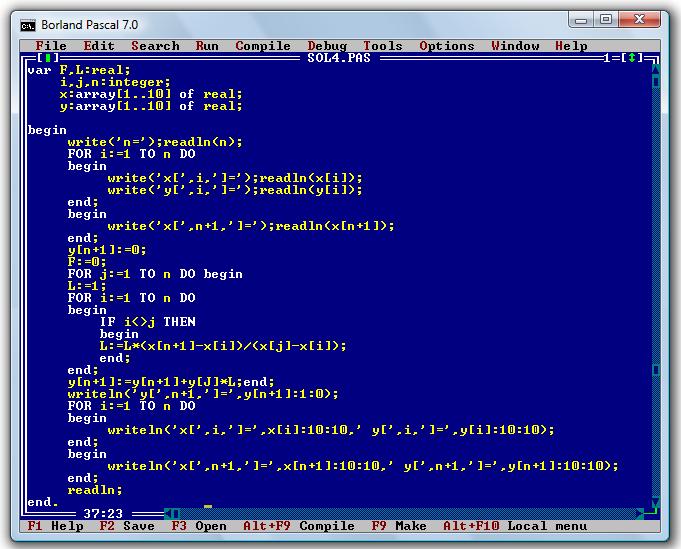The Enduring Legacy of Pascal: Exploring Its Lasting Influences

Pascal, a programming language created by Niklaus Wirth in the late 1960s and early 1970s, may not be as commonly used today as some other languages like C++ or Python. However, its impact on the world of programming has been substantial and enduring. In this article, we will explore whether Pascal left any significant influences on the field of computer science and software development.
Pascal’s Contribution to Structured Programming:
One of Pascal’s primary contributions lies in its role as a pioneer of structured programming. Wirth designed Pascal with a focus on readability, clarity, and the use of structured programming constructs. The language introduced concepts like modules, procedures, and functions, which encouraged a more organized and systematic approach to coding. This emphasis on structure has had a lasting impact, influencing subsequent programming languages in the development of clean and maintainable code.
Educational Impact:
Pascal gained popularity as a teaching language in universities and colleges. Its simplicity, readability, and strict syntax made it an ideal language for introducing programming concepts to beginners. The use of Pascal as a learning tool exposed generations of programmers to the fundamentals of programming, contributing to a solid foundation in computer science education.
Delphi and Object Pascal:
While Pascal itself may not be as prevalent today, its successor, Object Pascal, has had a significant impact. Delphi, a development environment based on Object Pascal, gained popularity in the 1990s and early 2000s for its ease of use and powerful capabilities. Delphi enabled rapid application development (RAD) and introduced many developers to the concept of visual programming. Some of the principles and features of Object Pascal can be seen in modern languages like C# and Swift, highlighting Pascal’s influence on the evolution of programming languages.
Strong Typing and Safety:
Pascal was known for its strong typing system and emphasis on type safety, which helped catch errors at compile-time rather than runtime. This focus on robustness and reliability has influenced the development of subsequent languages, including Ada, Rust, and Swift. The importance of static typing in preventing certain types of bugs and enhancing code quality can be traced back to Pascal’s influence.
Legacy and Niche Uses:
While Pascal may not be the go-to language for large-scale commercial applications today, it still has a presence in niche areas. For example, the embedded systems community often uses Pascal for its simplicity and reliability. Some legacy systems and applications continue to run Pascal code, showcasing its resilience and lasting impact.
Conclusion:
Pascal may not be as widely used as it once was, but its legacy endures in various aspects of computer science and software development. From its contributions to structured programming to its impact on education and the development of Object Pascal, the language has left a lasting imprint on the programming landscape. While Pascal might not be at the forefront of modern programming, its influences continue to shape the way programmers approach and think about software development.
